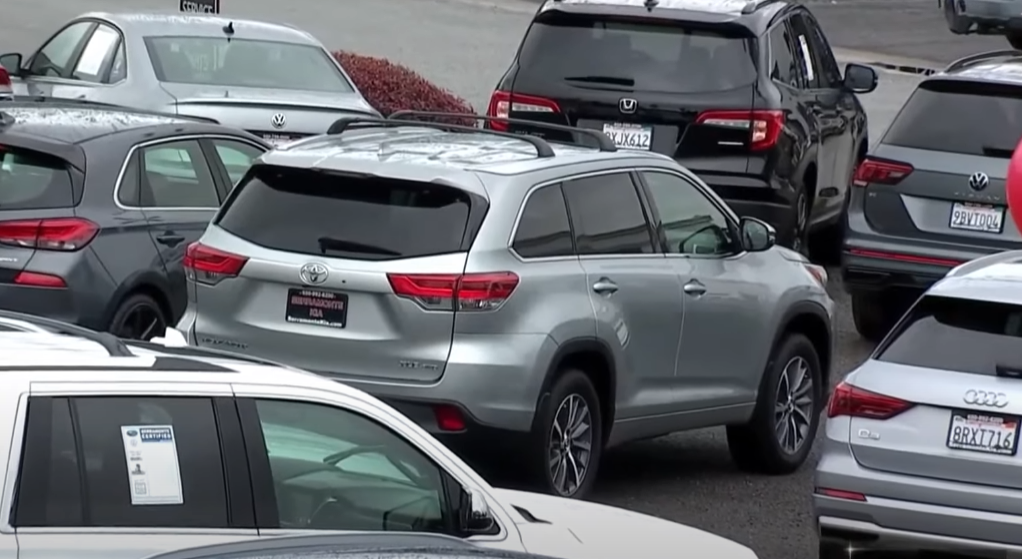California State Senator Scott Wiener, a Democrat representing San Francisco, has proposed a groundbreaking bill aiming to address the alarming surge in traffic fatalities in the state.
The Speeding and Fatality Emergency Reduction on California Streets Package, introduced by Wiener, mandates that all new cars sold in California be equipped with technology preventing them from exceeding the speed limit by more than 10 mph.
Wiener’s initiative comes in response to concerning statistics revealing a 22% increase in traffic fatalities in California from 2019 to 2022, outpacing the national average.
The proposed bill package not only focuses on speed control but also includes measures such as requiring side underride guards on trucks and implementing physical improvements on state-owned streets to enhance safety for pedestrians, cyclists, and transit users.
The press release from Wiener’s office emphasizes the urgent need to address the California road deaths epidemic and highlights the preventable nature of many crashes caused by reckless speeding.
Social Media Critique in California

Wiener contends that limiting speeds to within the legal limit is a commonsense approach to curbing needless and heartbreaking accidents, citing instances where the California Highway Patrol issued thousands of tickets for speeds exceeding 100 mph.
While Wiener’s proposal aims to prioritize road safety, it has garnered mixed reactions, with some expressing skepticism and frustration.
Social media users, including author Richard Hanania and former San Diego County Board of Supervisors candidate Amy Reichert, have voiced concerns about the practical implications of such stringent speed restrictions, particularly on deserted highways during off-peak hours.
Despite the dissent, Wiener remains steadfast in his pursuit of safer roads, asserting that the proposed measures are essential for saving lives and preventing further tragedies on California streets.
As the debate surrounding the bill unfolds, it underscores the complex balance between public safety, individual freedoms, and practicality in transportation policy.


Comments are closed.